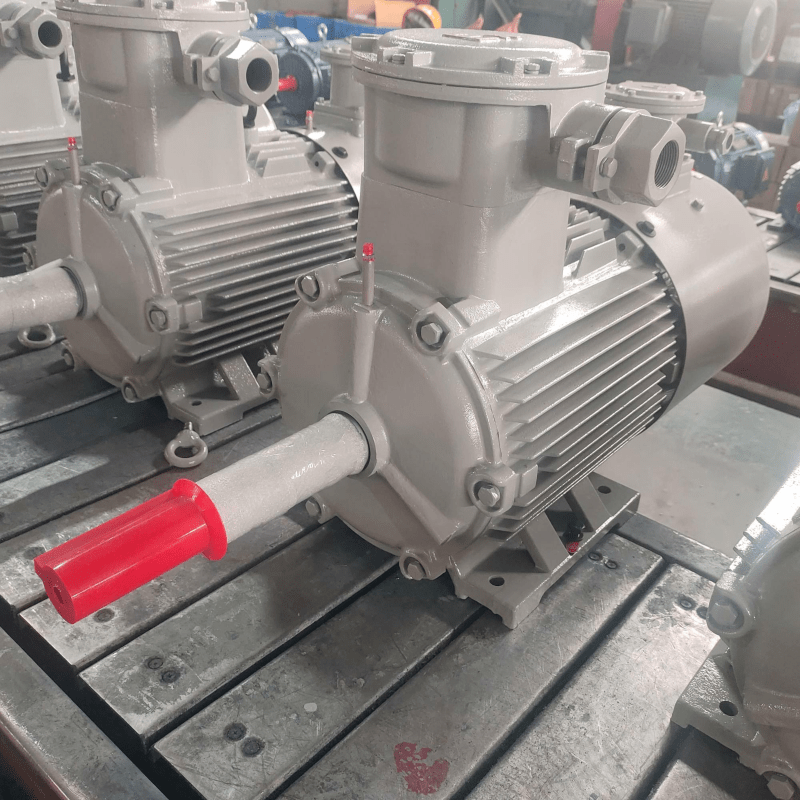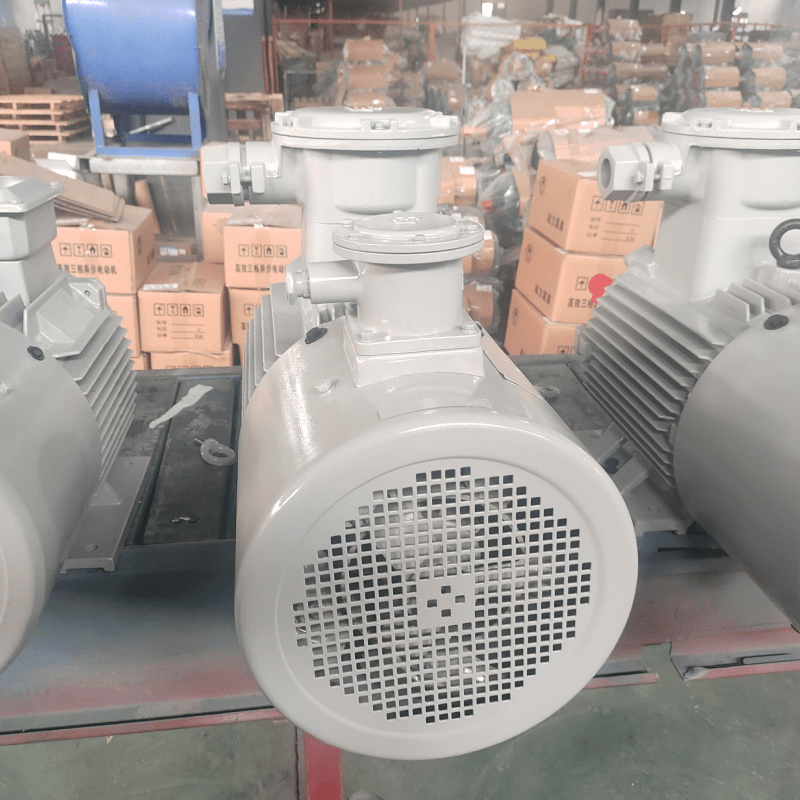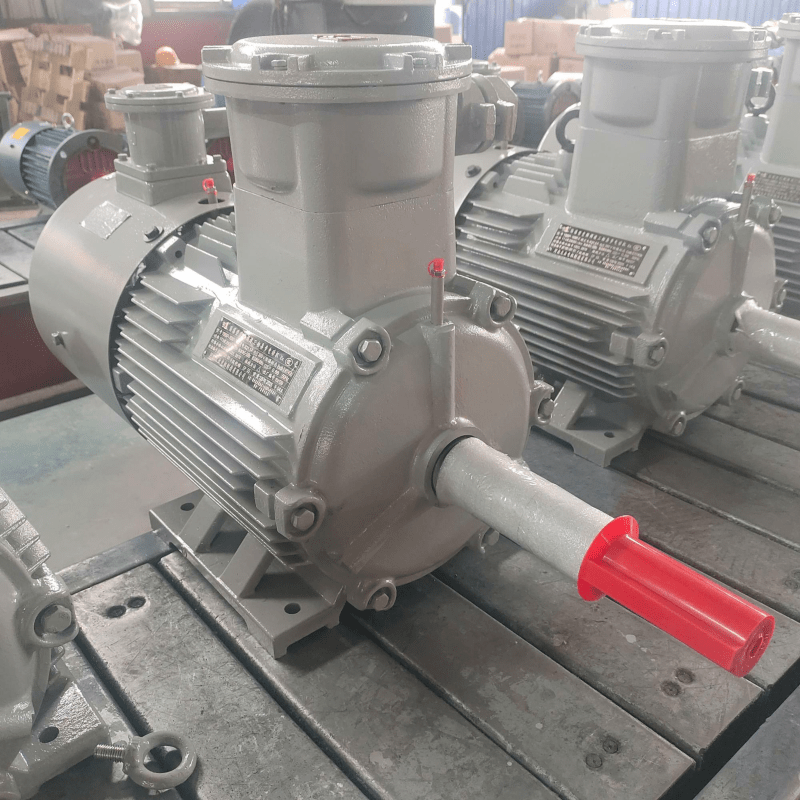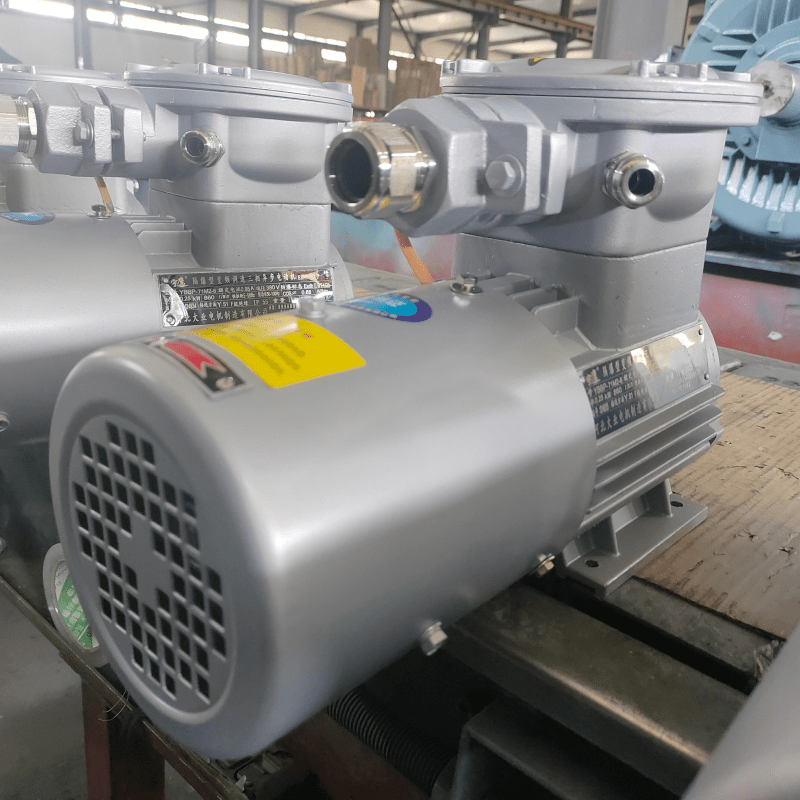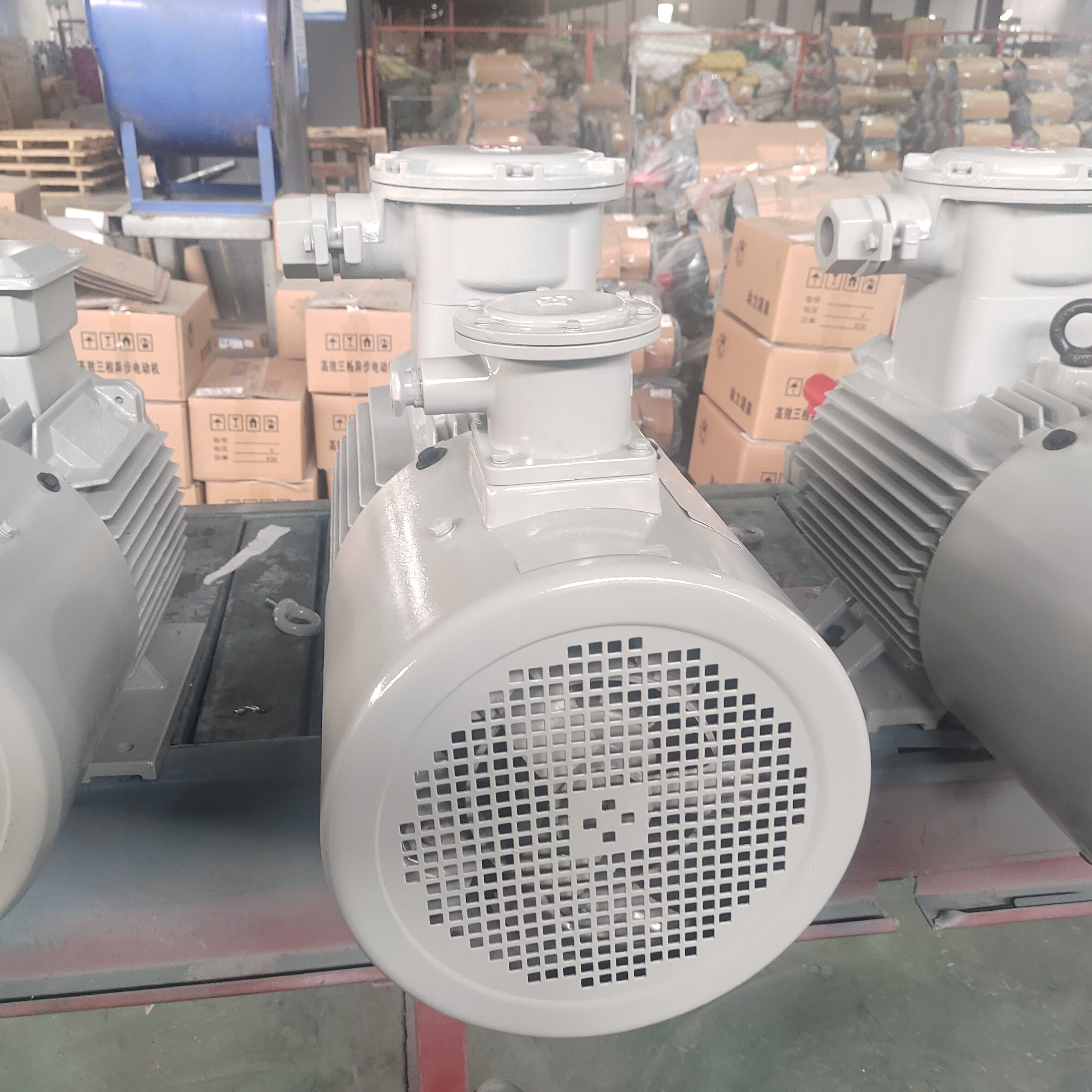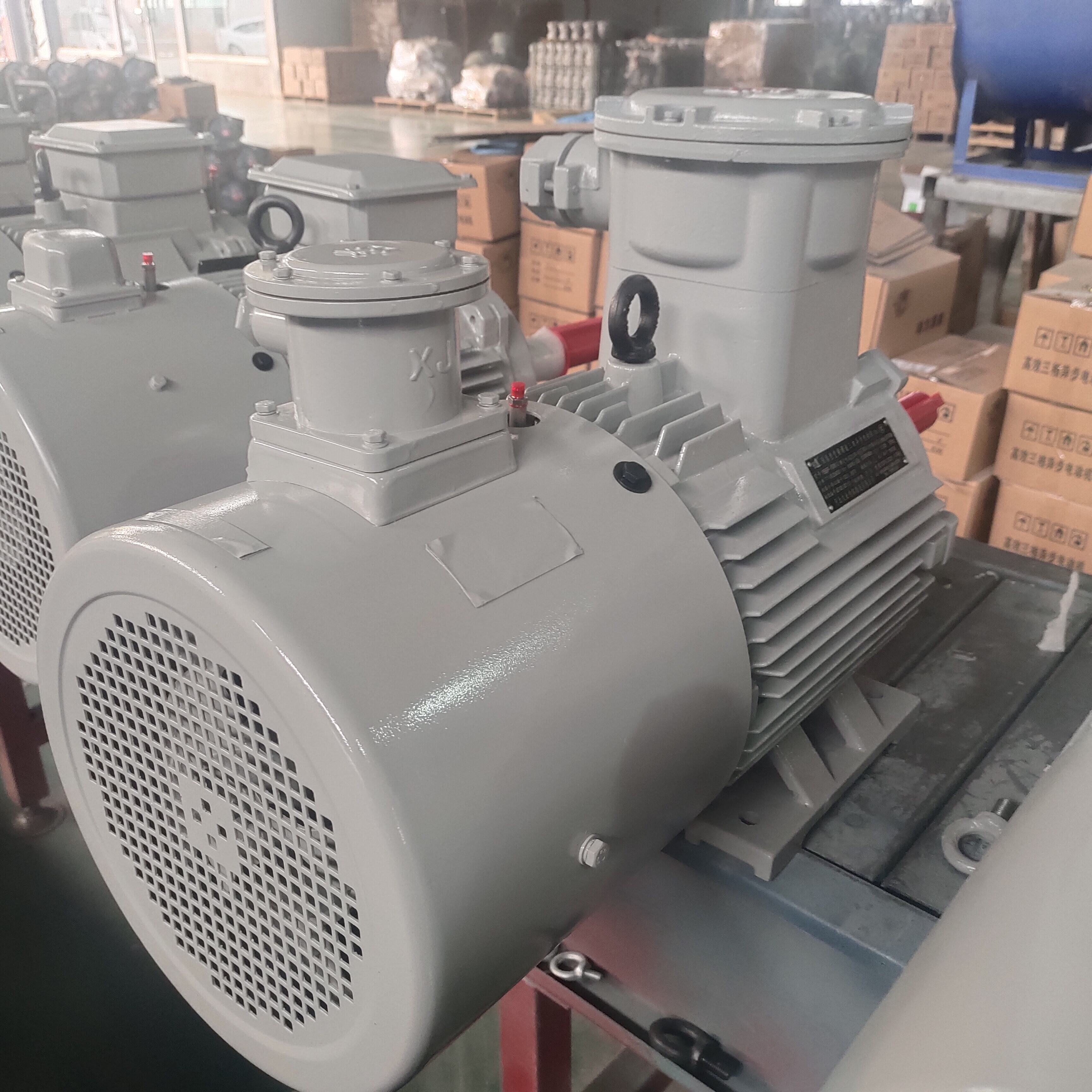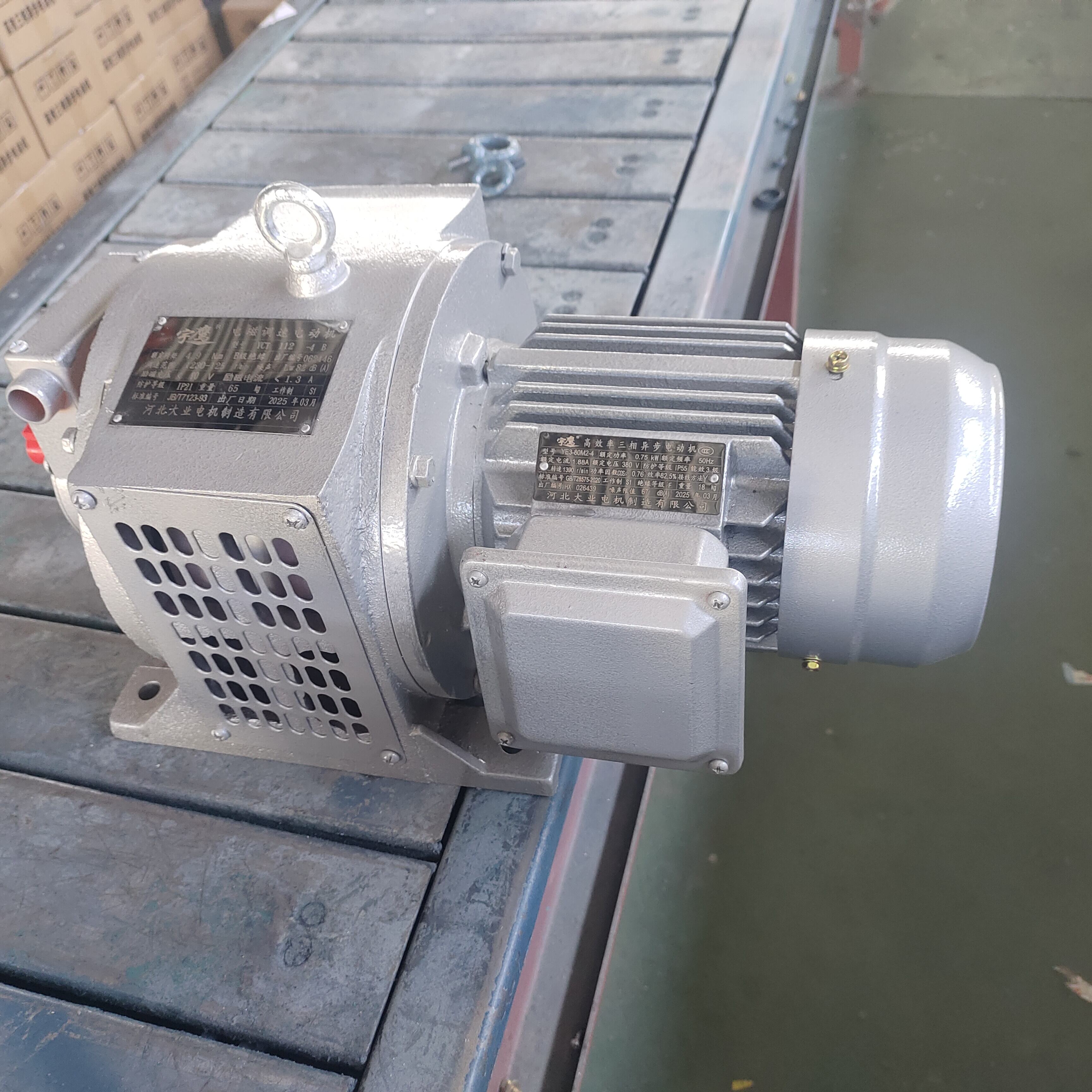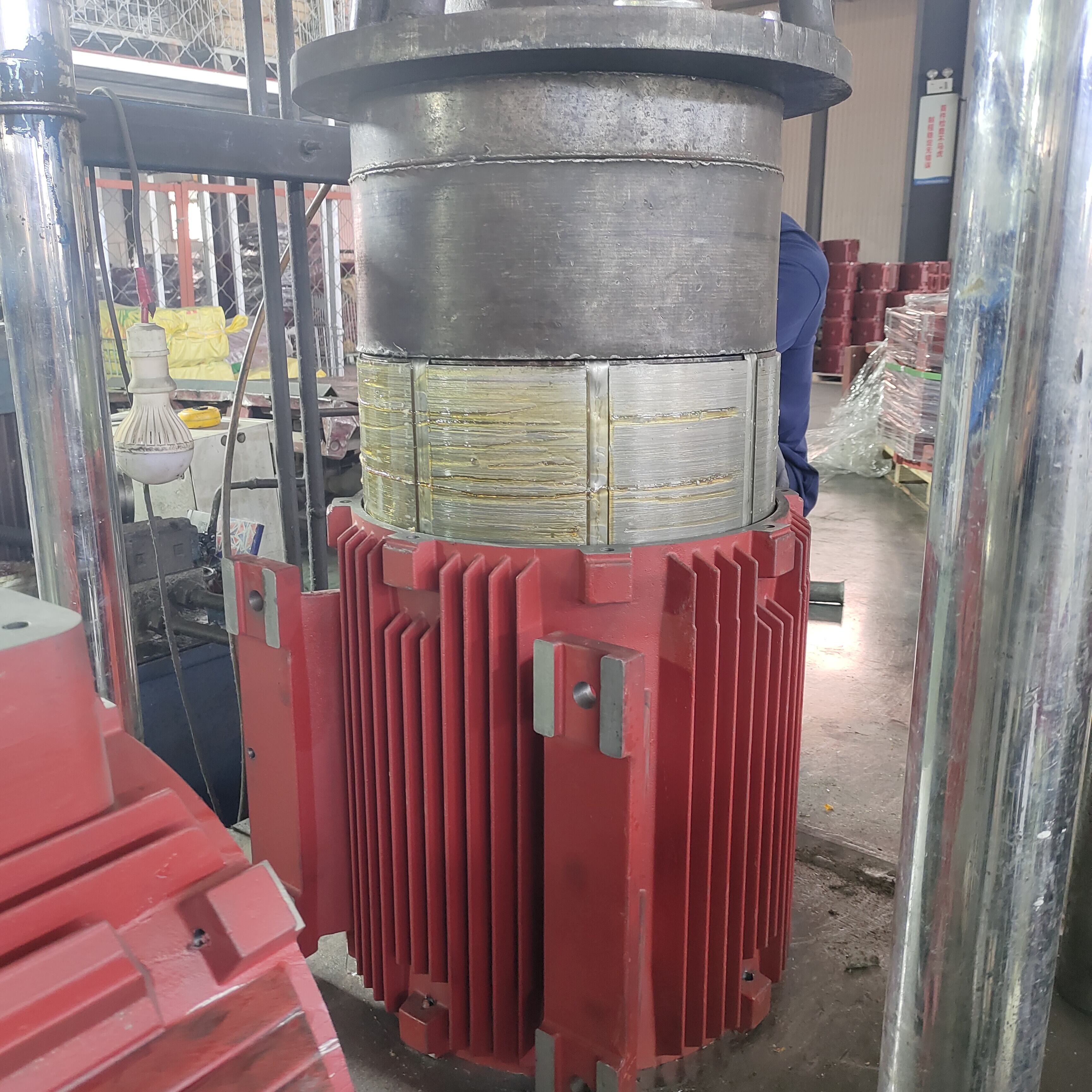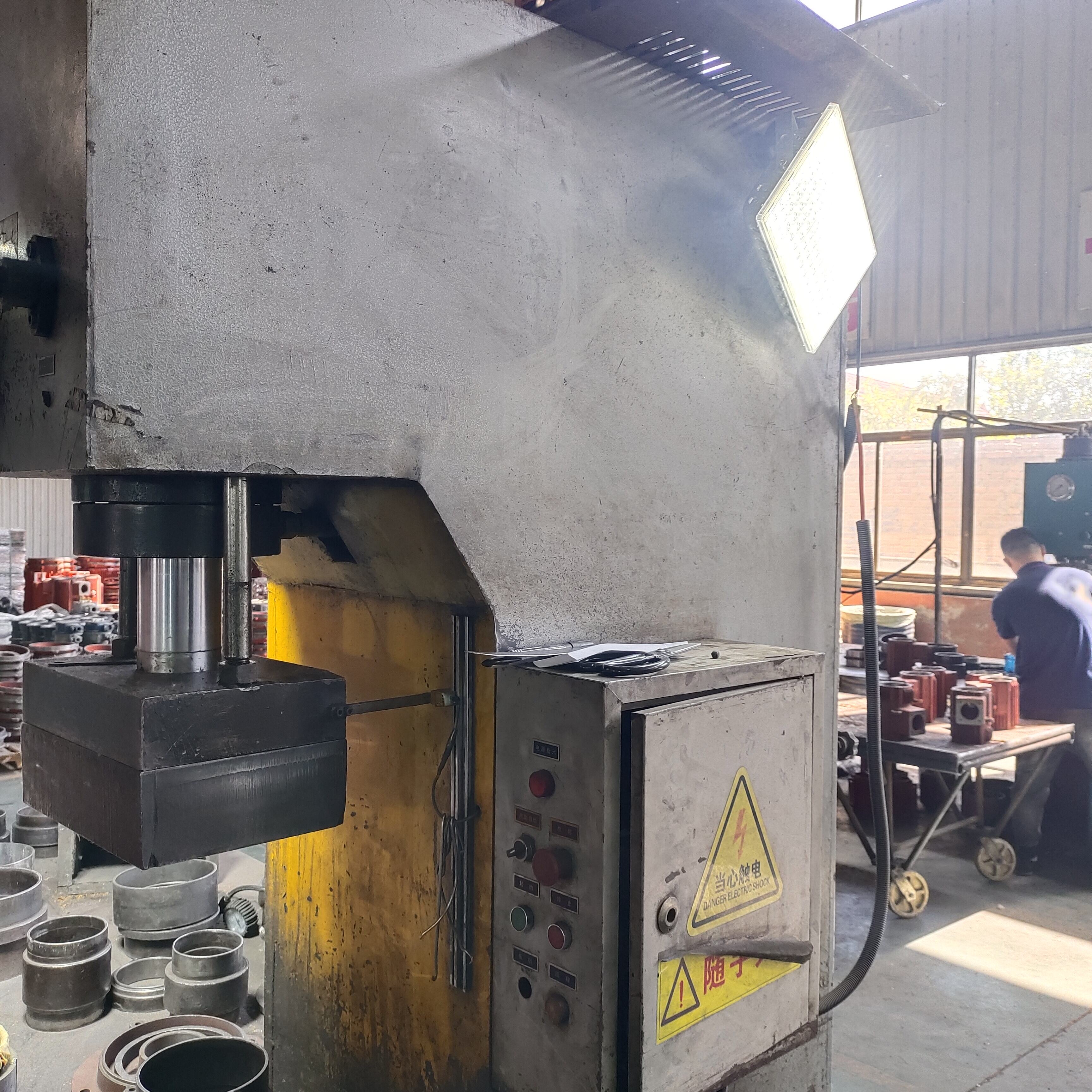die casting automation
Die casting automation represents a revolutionary transformation in manufacturing processes, integrating advanced robotics, artificial intelligence, and precision control systems to streamline metal casting operations. This sophisticated technology encompasses automated loading and unloading systems, robotic material handling, intelligent temperature monitoring, and computerized process controls that work together to create a seamless production environment. The main functions of die casting automation include automated die opening and closing mechanisms, precise metal injection timing, real-time quality monitoring through integrated sensors, and systematic part extraction and finishing processes. Modern die casting automation systems feature programmable logic controllers that manage complex sequences with microsecond precision, ensuring consistent cycle times and optimal production efficiency. These systems incorporate advanced safety protocols, emergency stop mechanisms, and predictive maintenance capabilities that minimize downtime while maximizing operational safety. The technological features include touch-screen interfaces for intuitive operation, data logging capabilities for process optimization, and connectivity options that enable remote monitoring and control. Integration with enterprise resource planning systems allows for seamless coordination between production scheduling, inventory management, and quality assurance departments. Die casting automation finds extensive applications across automotive manufacturing for engine blocks and transmission components, aerospace industry for lightweight structural parts, consumer electronics for heat sinks and housings, and medical device production requiring precise dimensional tolerances. The versatility of automated die casting systems enables manufacturers to produce complex geometries with minimal human intervention while maintaining exceptional quality standards and reducing production costs significantly.

